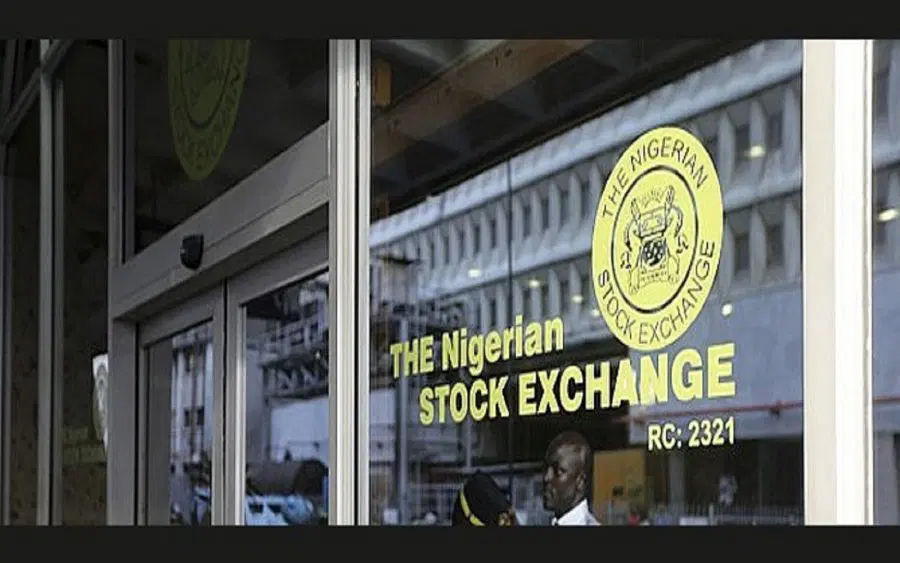Investor confidence is on the rise, and stock markets are responding with renewed strength. Across global and local markets, optimism has returned as expectations of interest rate cuts fuel a rally that is bringing investors back into equities. In Nigeria, the market closed the week on a positive note, with the Nigerian Exchange Limited (NGX) All-Share Index climbing by 1.4 percent. Market capitalization rose from ₦93.3 trillion to ₦94.6 trillion, reflecting the renewed enthusiasm that has swept through the financial system.
The recent upward movement was largely driven by a combination of easing inflation pressures and a shift in monetary policy expectations. Nigeria’s inflation rate fell to 18.02 percent in September from 22.12 percent in August, a decline that has strengthened investor confidence in the economy’s near-term direction. The Central Bank of Nigeria’s decision to reduce the Monetary Policy Rate from 27.5 percent to 27 percent has further fueled speculation that additional cuts could follow in the coming months. This expectation has encouraged investors to re-enter the market in anticipation of improved liquidity, stronger consumer spending, and enhanced corporate profitability.
Globally, the same narrative is playing out. Equity markets across major economies are witnessing significant inflows as investors position themselves ahead of anticipated rate cuts by central banks such as the U.S. Federal Reserve and the European Central Bank. In mid-October, global equity funds recorded inflows exceeding two billion dollars, underscoring a broad-based shift toward risk assets. This move is rooted in the belief that lower borrowing costs will sustain growth, boost company earnings, and make equities more attractive compared to fixed-income securities.
The improved sentiment has been most visible in key sectors that tend to benefit directly from declining interest rates. Banking and financial services firms are expected to experience stronger loan growth as liquidity improves. Consumer goods companies may also see better margins and higher demand as inflation moderates and purchasing power gradually recovers. The real estate and utilities sectors, traditionally sensitive to interest rate movements, could experience renewed investor participation, while technology stocks continue to attract global attention on the back of innovation and resilient earnings performance.
Still, beneath the wave of optimism, investors remain cautious. While the expectation of lower interest rates has lifted market confidence, the timing and pace of potential cuts remain uncertain. Central banks may delay policy easing if inflationary pressures re-emerge, and markets could react sharply if expectations are not met. There is also the risk of short-term profit-taking after sustained rallies, as some investors may choose to lock in gains. Beyond domestic considerations, global factors such as geopolitical tensions, fiscal instability, and slower growth in major economies could also weigh on market performance.
Despite these risks, the broader market outlook remains positive. The combination of easing inflation, improved liquidity, and proactive monetary management provides a strong foundation for continued recovery. The Nigerian market, in particular, stands to benefit from renewed investor trust and growing interest from both local and foreign participants. However, investors are advised to remain selective, focus on quality companies with strong fundamentals, and maintain diversification to cushion against volatility.
According to analysts at Deutsche Partners Insight, the recent rally is more than a temporary rebound; it reflects a deepening belief in policy direction and economic resilience. With the Central Bank of Nigeria adopting a more accommodative stance and inflation showing signs of moderation, the market is poised for sustained momentum in the months ahead. As monetary policy and economic indicators align, confidence is gradually being restored, and investors are beginning to reimagine the potential of the Nigerian capital market.
The current sentiment underscores a simple truth: investor confidence thrives on clarity and stability. As central banks around the world navigate the delicate balance between controlling inflation and supporting growth, their decisions will continue to shape the rhythm of the global market. For Nigeria, this is a moment of renewed opportunity — a chance to sustain the momentum, attract capital inflows, and strengthen the foundation for long-term economic growth.



